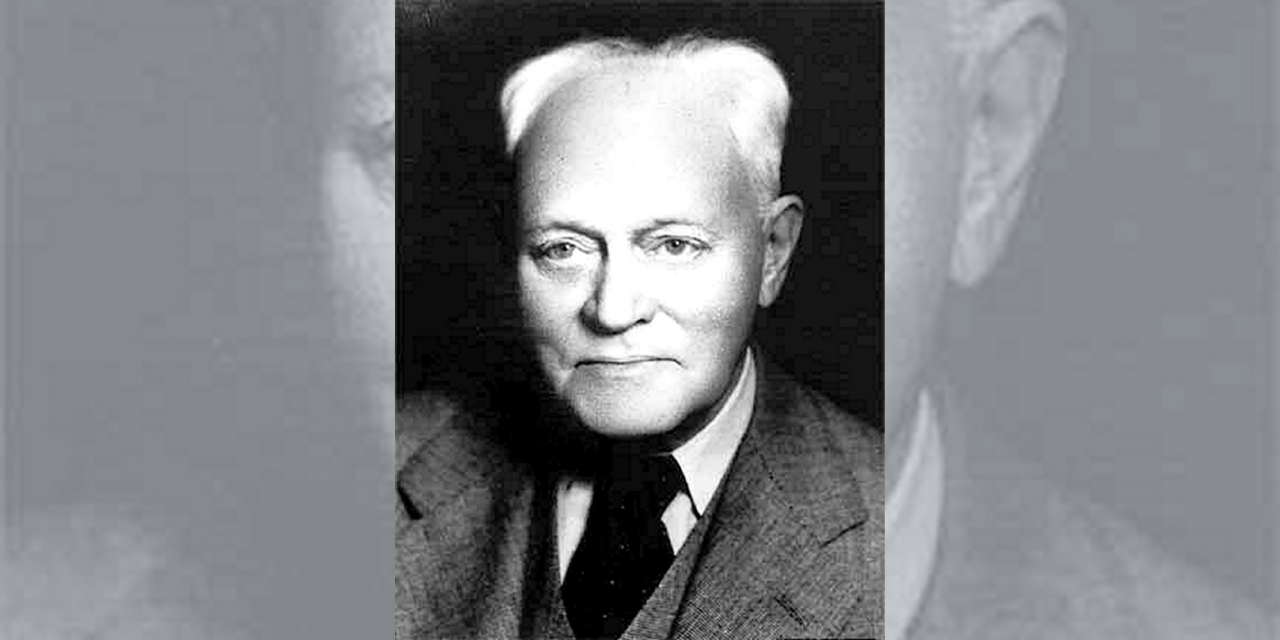Over one million Americans have died of a drug overdose since 1999 – a tragic and shocking trajectory that’s been getting significantly worse since the COVID-inspired lockdowns of 2020 and 2021. On average, over 100,000 people are now dying from drugs each year – up over 25% annually from pre-pandemic levels.
Synthetic opioids – primarily Fentanyl – are the main culprit. Exacerbated by a porous southern border, illicit drugs are seemingly everywhere. Each day brings new heartbreaking headlines of devastated families mourning the loss of a child or loved one. Public officials seem baffled and almost befuddled, unsure how to effectively respond and protect our nation’s most vulnerable.
Drug addiction is a complicated matter, exacerbated by a host of competing factors including family of origin, environment, psychological and physiological differences, and family challenges, to name only a few factors that contribute to substance abuse.
But it cannot be a coincidence that as the country grows more secular, families fray and loneliness increases, that drug addiction is rising along with it.
“Man cannot live without joy,” wrote Thomas Aquinas. “Therefore, when he is deprived of true spiritual joys it is necessary that he becomes addicted to carnal pleasures.”
Does that hint at the root cause behind the fentanyl and other drug addictions?
Back at the turn of the twentieth century, there was a medical doctor named William Duncan Silkworth. Graduating from New York City’s Bellevue Hospital Medical College in 1899, the newly minted physician began pioneering treatment with alcoholic patients. At the time, he believed the condition was being misdiagnosed as a vice rather than an illness, and so he set out to try and treat patients accordingly.
But according to Dr. Silkworth, the pathway to recovery didn’t just include treating the physical – but true and lasting change required a “moral psychological” approach to remaining sober.
For William Silkworth, that was code for a spiritual conversion or recommitment to Jesus Christ.
During his years as the nation’s preeminent doctor to treat alcoholics and alcoholism, Silkworth saw over 40,000 patients – including William Griffith Wilson (Bill W.), who would go on to co-found Alcoholics Anonymous (AA).
Bill W. liked to tell the story of Charles, a Virginia businessman who came to see Silkworth after hitting rock-bottom once more.
Dr. Silkworth “dried out” the patient over the course of several days. He then met with him one morning for a heart-to-heart conversation.
“Charles,” he said to him, “I have done everything I can for you. At this moment you are free of your trouble. But there is an area in your brain where you may hold a reservation and that could, in all likelihood, cause you to return to your drinking. I wish that I might reach this place in your consciousness, but alas, I do not have the skill.”
“But, doctor,” replied an exasperated Charles. “You are the most skilled physician in this field. When I came to you, it was to the greatest. If you cannot heal me, then who can possibly do so?”
Dr. Silkworth paused. He then answered, “There is another Doctor who can complete this healing, but He is very expensive.”
“That’s all right,” Charles assured him, “I can get the money. I can pay his fees. I cannot go home until I am healed. Who is this doctor and where is he?”
“Oh, but this Physician is not at all moderate as to expense,” stated Dr. Silkworth. “He wants everything you’ve got. He wants you, all of you. Then He gives the healing. His price is your entire self. His name is Jesus Christ and He keeps office in the New Testament and is available whenever you need Him.”
Moved, Charles thanked the doctor and returned to his Manhattan hotel room. About 11 P.M. that same evening, the businessman exited his room and began walking the streets in search of a church. He found one – but all the doors were locked. Determined, he took a business card from his pocket and scribbled out a personal confession and told the Lord he was turning his life over to him. He then dropped the card in a mail slot on one of the side doors of the church.
“I immediately felt clean and renewed,” he would later say. “I knew I was healed.”
Inspired by Dr. William Silkworth, Charles’ friend Bill Wilson would go on to co-found Alcoholics Anonymous with Dr. Robert Holbrook Smith, an Akron, Ohio, surgeon. AA was founded on Christian principles borne out of the Oxford Group, a Christian organization founded by a Lutheran minister named Frank Buchman.
At the heart of addiction is a longing and yearning for something more – something that only Jesus Christ can ultimately provide. If we’re going to address and overcome the current fentanyl crisis – if users are to be delivered from the bondage of its addiction – we would be wise to understand the underlying deficits that make users want to use in the first place.
“If sin is the cause of your present trouble, if sin has brought you into bondage to evil habits, if you have been a drunkard and do not know how to learn sobriety, if you have been immoral and have become entangled in evil relationships, call upon God,” said Charles Spurgeon.
“He can break you away from the sin and set you free from all its entanglements. He can cut you loose right now with the great sword of His grace and make you free. Although you feel like a poor sheep between the jaws of a lion, ready to be devoured immediately, God can come and pluck you out of the lion’s jaws. The prey will be taken from the mighty, and the captive will be delivered (Isa. 49:24). Only call upon the name of the Lord, and you will be delivered!”






